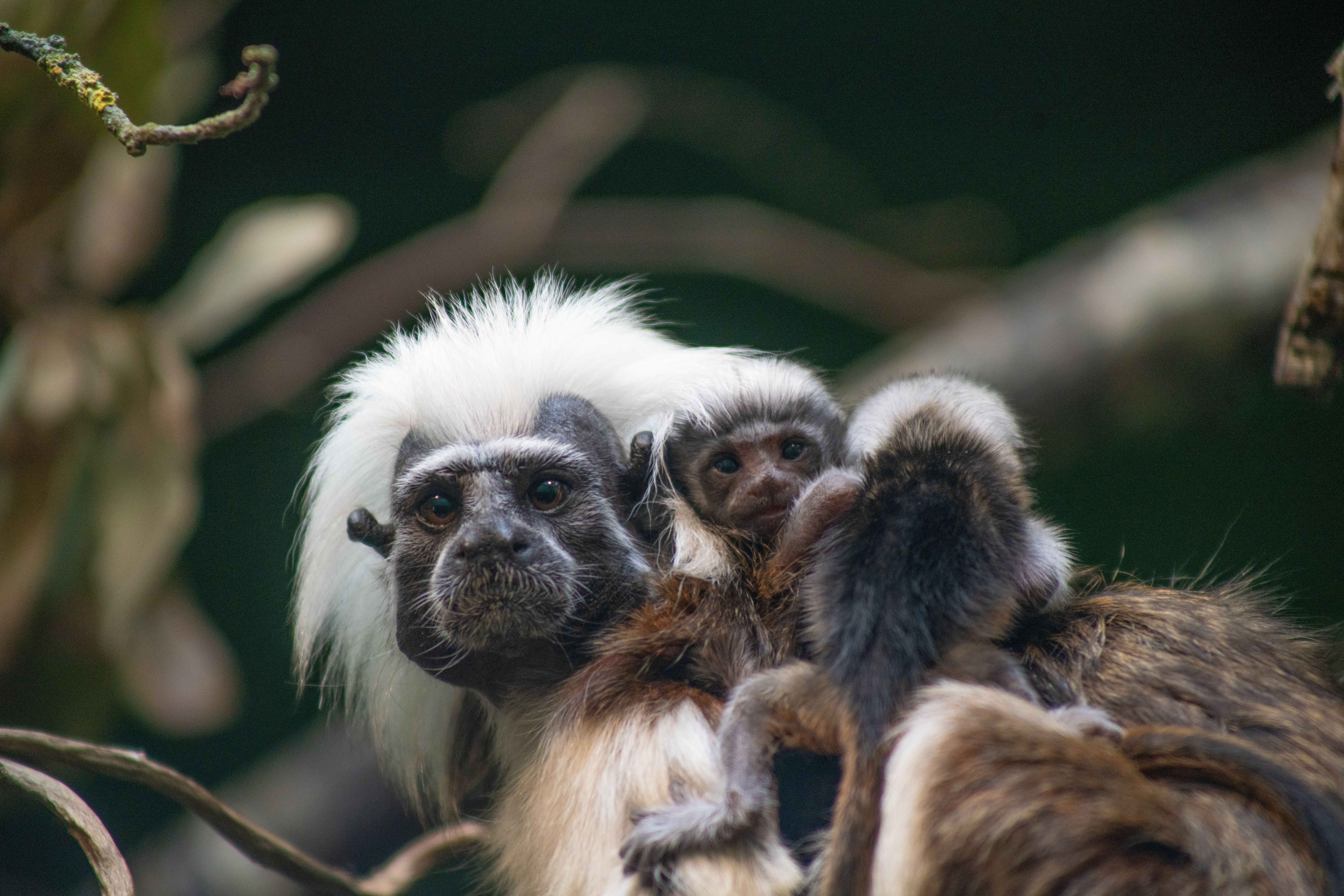‘Incredibly rare’ tamarin triplets born at Marwell Zoo
The critically endangered monkeys are ‘doing well’, keepers said.

Your support helps us to tell the story
From reproductive rights to climate change to Big Tech, The Independent is on the ground when the story is developing. Whether it's investigating the financials of Elon Musk's pro-Trump PAC or producing our latest documentary, 'The A Word', which shines a light on the American women fighting for reproductive rights, we know how important it is to parse out the facts from the messaging.
At such a critical moment in US history, we need reporters on the ground. Your donation allows us to keep sending journalists to speak to both sides of the story.
The Independent is trusted by Americans across the entire political spectrum. And unlike many other quality news outlets, we choose not to lock Americans out of our reporting and analysis with paywalls. We believe quality journalism should be available to everyone, paid for by those who can afford it.
Your support makes all the difference.A Hampshire zoo is celebrating after “incredibly rare” cotton-headed tamarin triplets were born to first-time parents.
The critically endangered monkeys were born at Marwell Zoo near Winchester on May 6 and keepers say they are “doing well”.
A zoo spokeswoman said: “Both mother, Gurt, and father, Mico, can be seen taking turns carrying the youngsters, who cling to the fur on their parent’s back and stomach areas.
“The arrivals are incredibly rare because there are three of them as well as their conservation status.
“It is normal for cotton-headed tamarins to give birth to twins every year in the wild but triplets are incredibly uncommon.
“It is thought there are currently fewer than 2,000 cotton-headed tamarins left in the wild and numbers continue to decrease.”
Team leader Amy Denny said: “The primate and small mammals team at Marwell are absolutely thrilled with the birth of our cotton-headed tamarin triplets who were born overnight.
“Their arrival has been long anticipated by the team who moved the breeding pair into their brand new habitat just before the Easter holidays.
“Cotton-headed tamarins are one of the world’s most endangered primates, suffering from the effects of habitat loss and illegal capture for the pet trade in their native tropical forests of Colombia.
“In European collections, cotton-headed tamarins are co-operatively managed by the EAZA EEP (European Association of Zoos and Aquaria ex-situ programmes), ensuring genetic diversity is maintained to build healthy populations for the future.
Cotton-headed tamarins will co-operatively care for their offspring with all group members helping out and taking turns to carry the infants
“Females typically give birth to twins so after keepers counted two on mum at first check (on) Sunday morning we were ecstatic to spot a third baby clinging on to dad.
“We have closely monitored them to ensure all is well and all three babies are being cared for wonderfully by the first-time parents.
“Cotton-headed tamarins will co-operatively care for their offspring with all group members helping out and taking turns to carry the infants.
“With only two adults in this troop, the parents certainly have their work cut out for them but are doing a brilliant job.”
The species is named because of the distinctive tufts of cotton-like white hair on the monkeys’ heads.
In the wild in their native north-western Columbia, they face the threat of loss of habitat, pet trade and capture for medical testing and because they are so small, about the size of a squirrel, they are also prey for snakes, cats and a variety of birds.
Trade of cotton-headed tamarins and their body parts is illegal.